Why we play - Challenge Accepted
- JK Larson
- Apr 20, 2024
- 3 min read
Updated: Apr 30, 2024
Miss T is 10 years old. She has spastic quadriplegic cerebral palsy and uses a wheelchair. She is an athlete. How did she become an athlete?
She accepted the challenge.
Motivation - why play
Our first motivation to try adaptive sports was when Miss T was 3 years old when her cerebral palsy doctor recommended therapeutic horse riding lessons as a way to protect Miss T’s hips from surgery for subluxation, a common occurrence due to tight muscles. After only 6 months of riding, her hip integrity actually improved substantially! Later that year, while watching her sister skiing, we met a group of people with disabilities at an adaptive ski session. We rolled over to watch for a while, then inquired about the starting age. They challenged me to start Miss T skiing. Challenge accepted! I began following #adaptiveskiing on Instagram. I was excited by further possibilities so also started following the hashtag #adaptivesports. My takeaway? A diagnosis of spastic quadriplegic cerebral palsy does NOT eliminate my child from being athletic! It just means I find other ways for her to be athletic.
Knowledge - where to play
Adaptive Sports festivals offer many options to briefly try out many different sports in one location. Once our eyes were opened to this potential we found so many adaptive sports to try (37 tried so far!). Adaptive sports events supply the appropriate and safe equipment needed for people with disabilities to participate, as well as people to train the athlete in how to use the equipment and play the sport. Here is a list of agencies to contact https://www.challengedathletes.org/adaptive-sport-organizations/
Participation - who can play, what kind of play
Miss T is a rock star at some sports (she holds national records for shot put and club throwing), loves playing some sports recreationally, and has found a couple of sports she doesn’t care for. She doesn’t have to love every sport available. She doesn't even have to have good skills or abilities to enjoy a sport. Bocce is a sport which can be played by severely disabled people! Miss T can ultimately choose one sport or many. The point is that she is MOVING, and liking it. Movement is important! I keep her exposed to many types of sports so they can provide a lifestyle of benefits to her.
Benefits - how play supports people with disabilities
All growing children need exercise, disabled children included. Studies about the power of exercise prove that it pushes back the restrictions of cerebral palsy-affected muscles. Physical therapy is great, but often not sufficient when it comes to children’s exercise. Miss T’s muscles will tighten up without use, which can lead to loss of ability. Consistent, daily physical activity must become a lifestyle to be effective in fighting off the ravages of tight muscles. Miss T’s quality of life depends on keeping her muscles moving!
When she participates in adaptive sports she is exposed to many people with a wide variety of strengths, and she learns how other people with disabilities adapt to overcome limitations. Miss T sees people just like her, living life to their fullest. Through adaptive sports, she understands her true potential. Sports are not just physical, they are also social. It is common for people with disabilities to become isolated and excluded. Sports get both of us out of the house. It is a joy for me to see my child trying new sports, and exciting for her to have new and engaging adventures. We both have more opportunities to meet friends who share our lifestyle. We have so much FUN! Sports offer opportunities for Miss T to educate handlers about her preferences while she plays sports. She can practice independently telling sports helpers how she needs her equipment set up. Her confidence and self-advocacy skills are built through sports involvement. She realizes how strong and capable her body is, and that she is the boss of their own body. I want my daughter to see so many open doors that when she comes across a closed door, she doesn’t hesitate to bust it down. Do you want to see your child meet and EXCEED goals? Consider competition! The competition serves to motivate athletic endeavors and creates empowerment. Competition creates *purposeful* challenge. This is how the paralympic movement began. I HIGHLY recommend watching “Rising Phoenix” on Netflix to see how life FULFILLING it was for people with various physical obstacles to participate in sport. Being exposed to para-sports gives Miss T many options for a lifetime of physical health, empowerment, and social opportunities. Physical activity has changed her life! What’s your challenge? Keep playing! “You don’t change the world simply by looking at it. You change it through the way you choose to live in it.” -The Aeronauts- movie

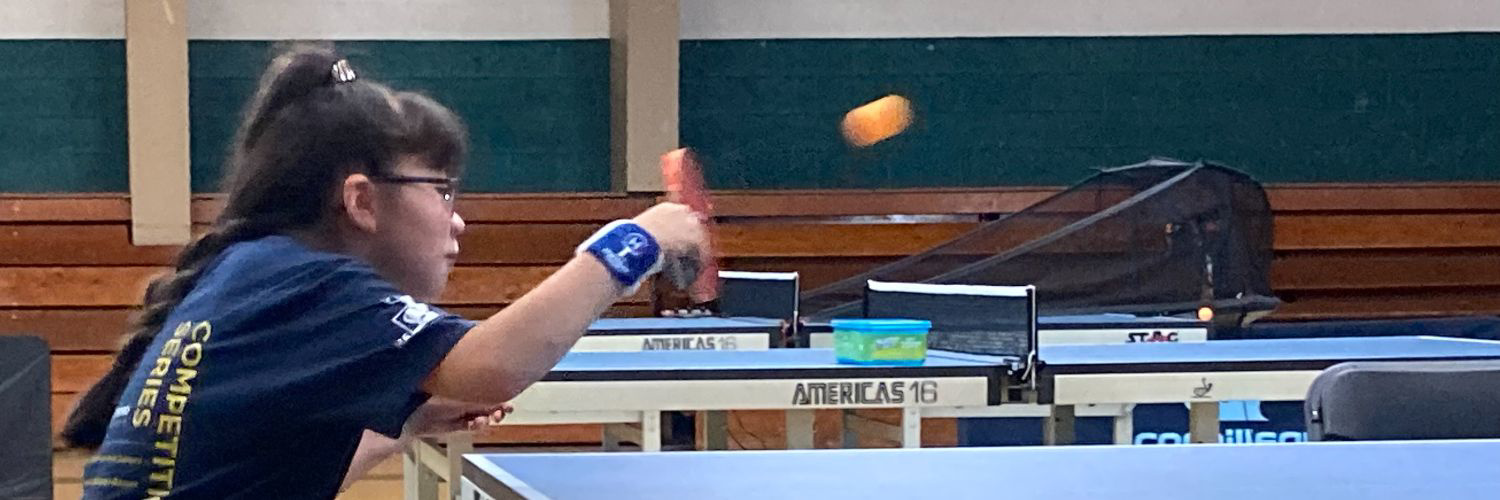
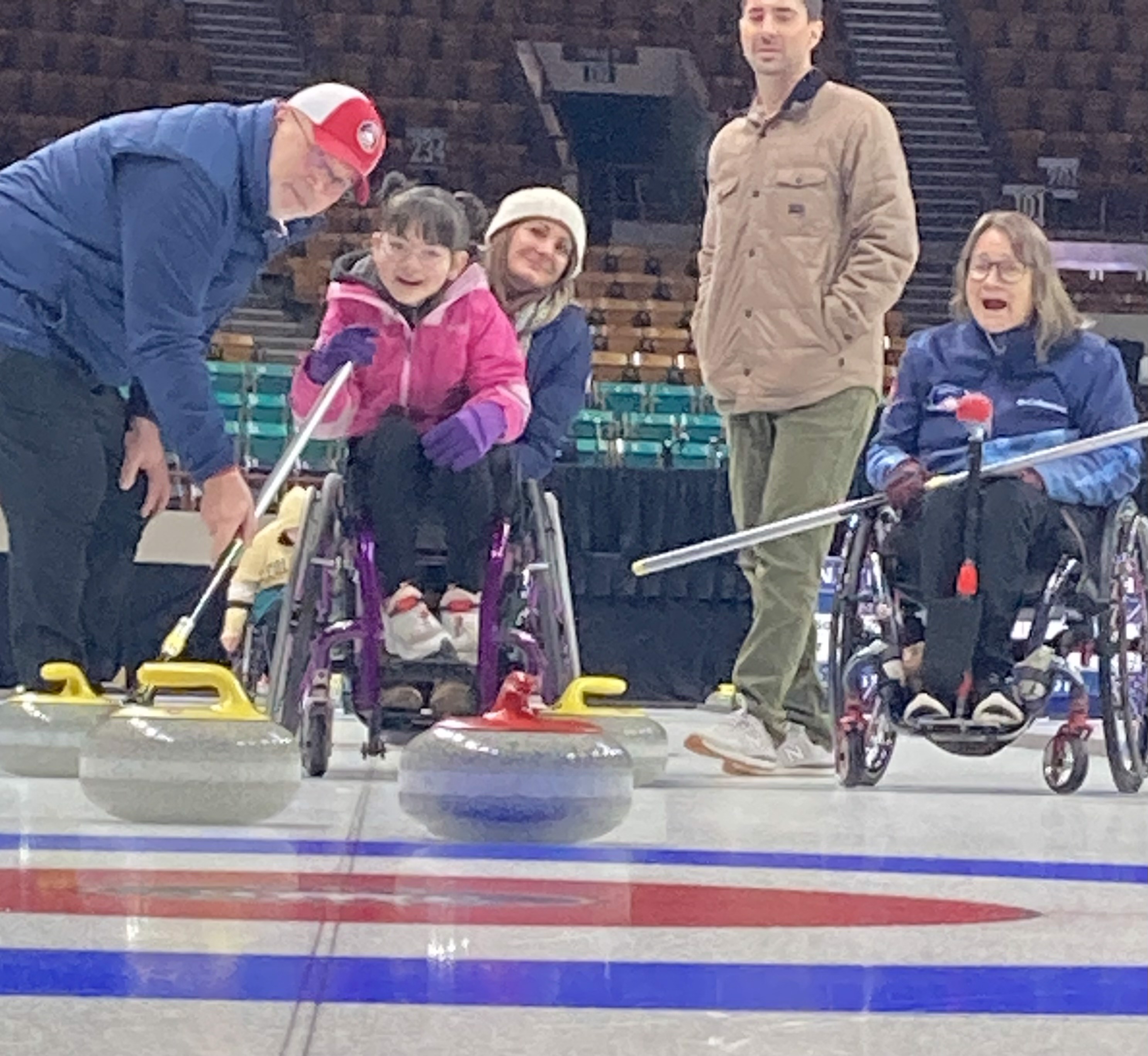
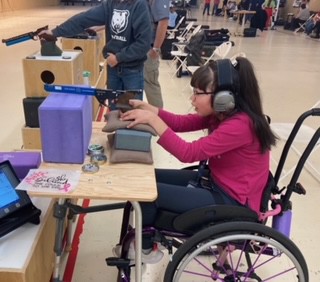
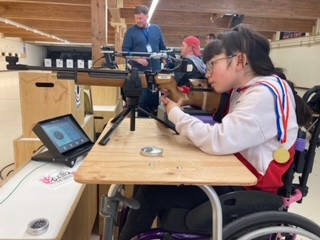
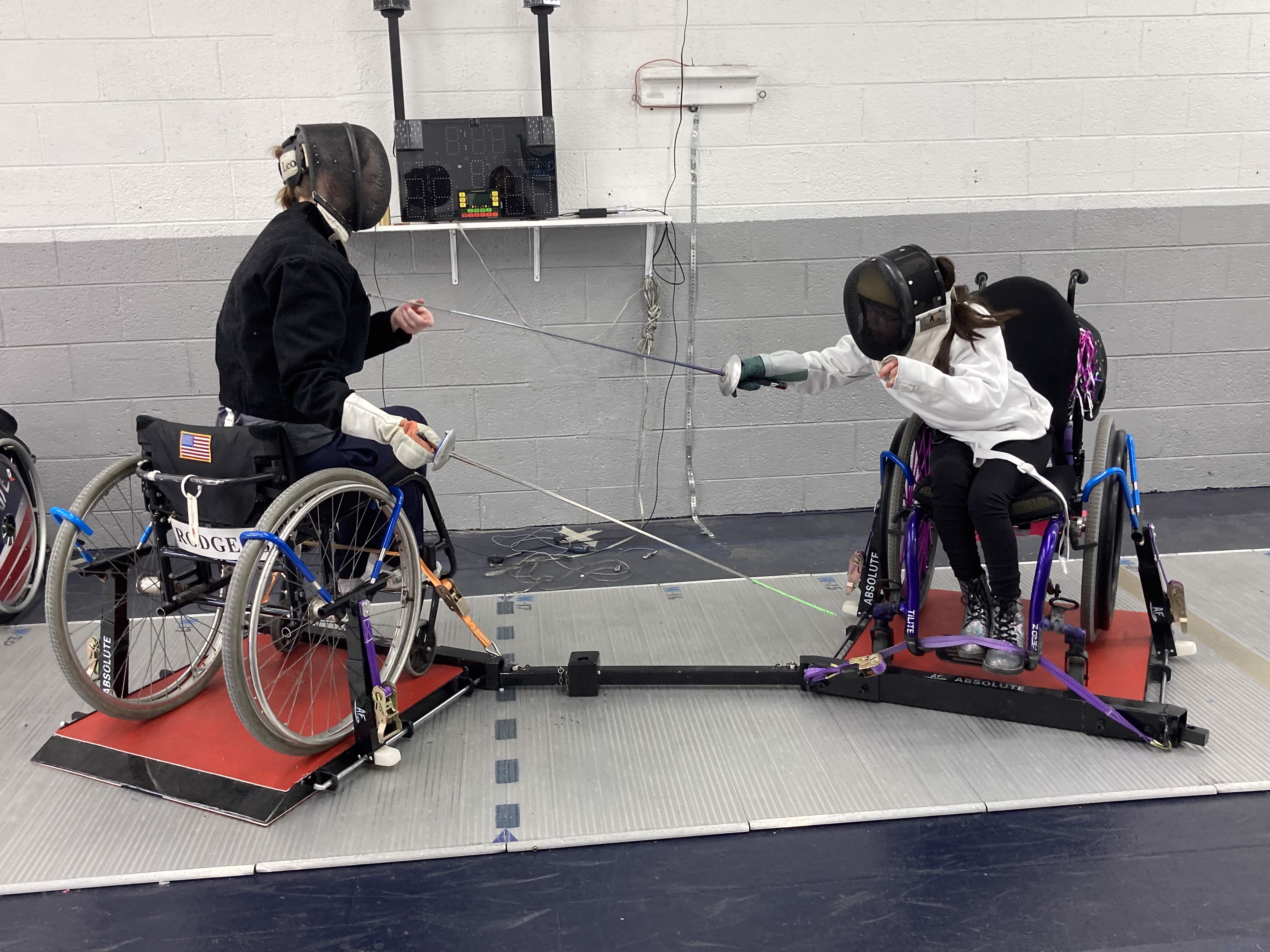
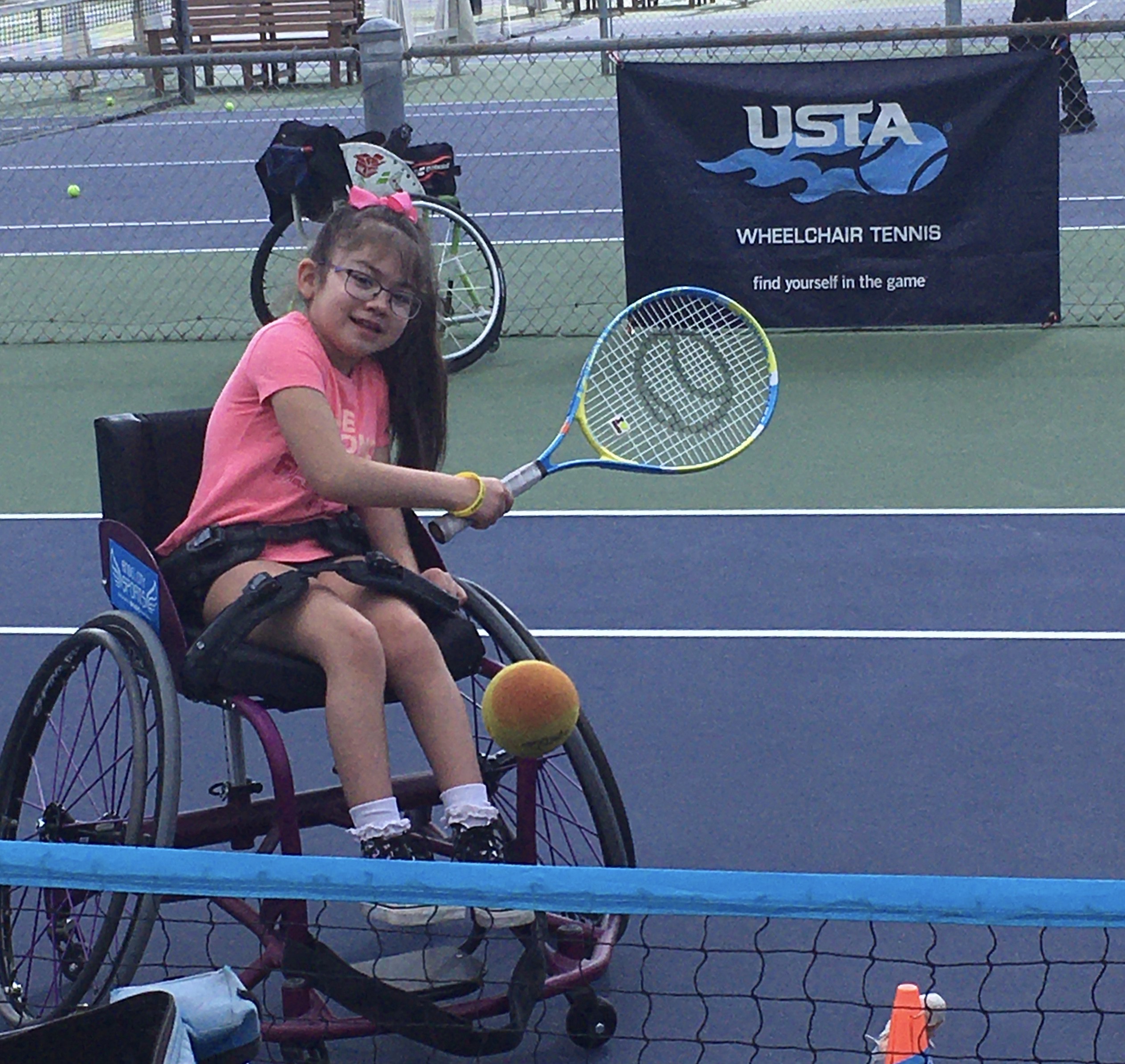
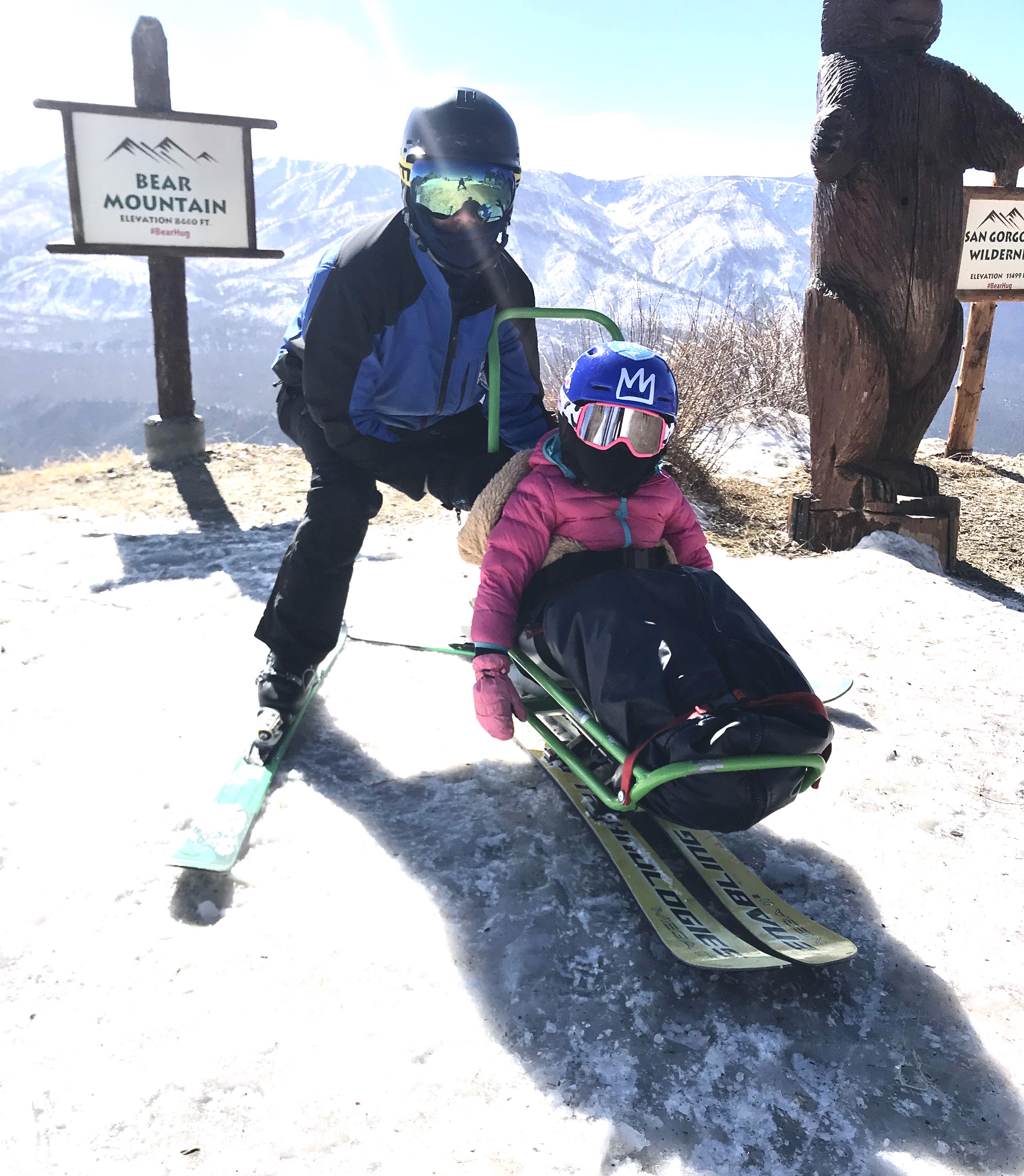
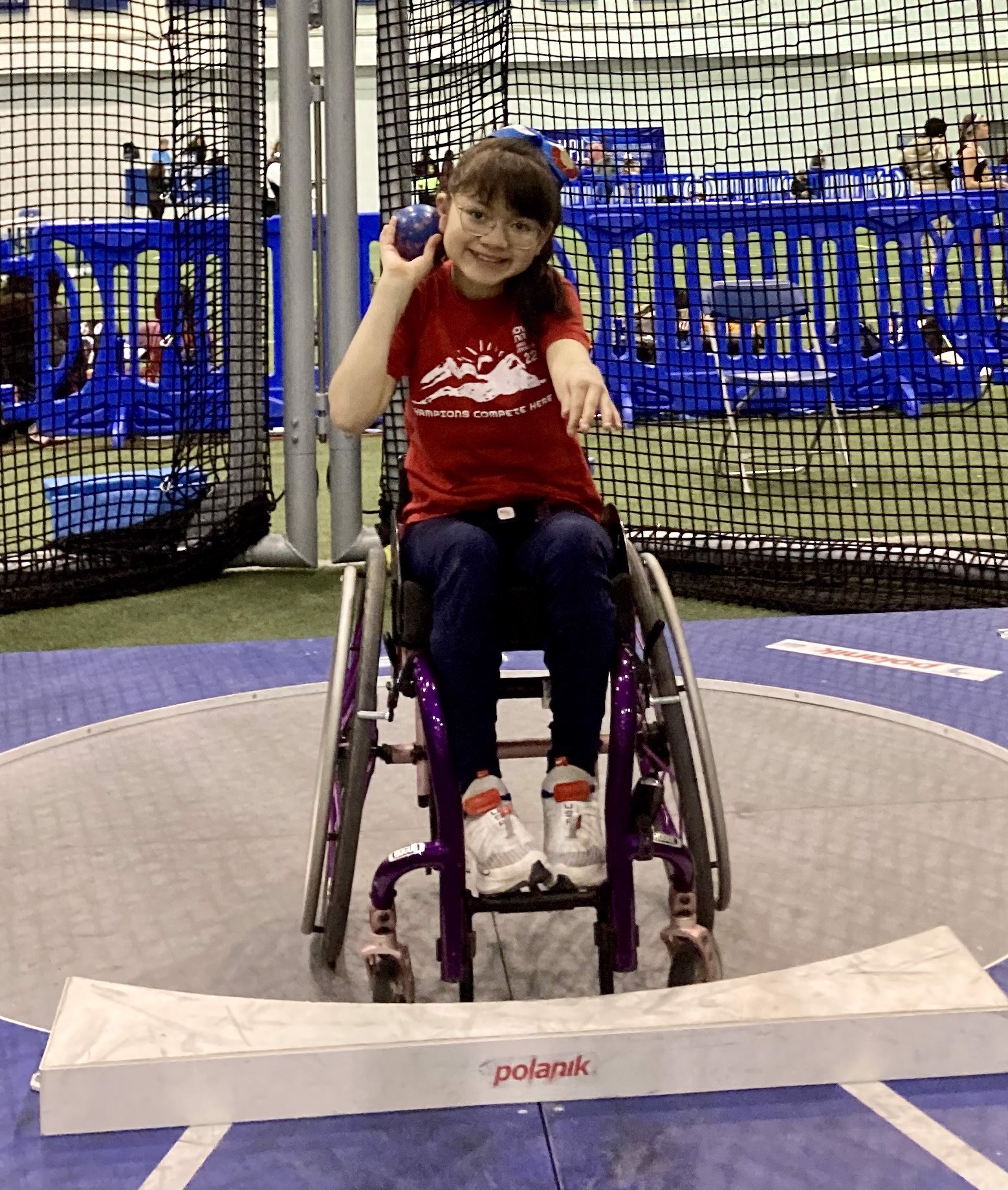
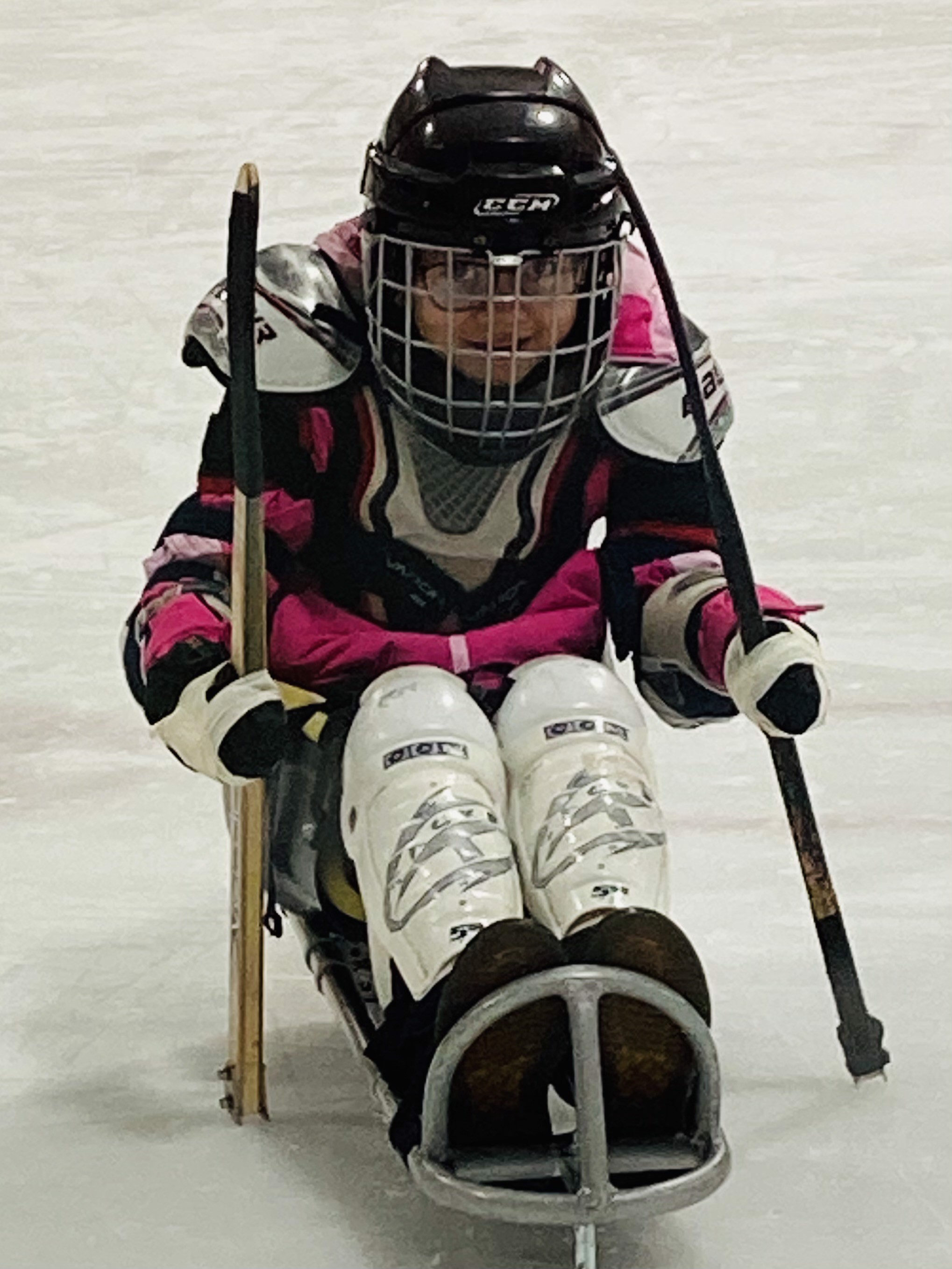
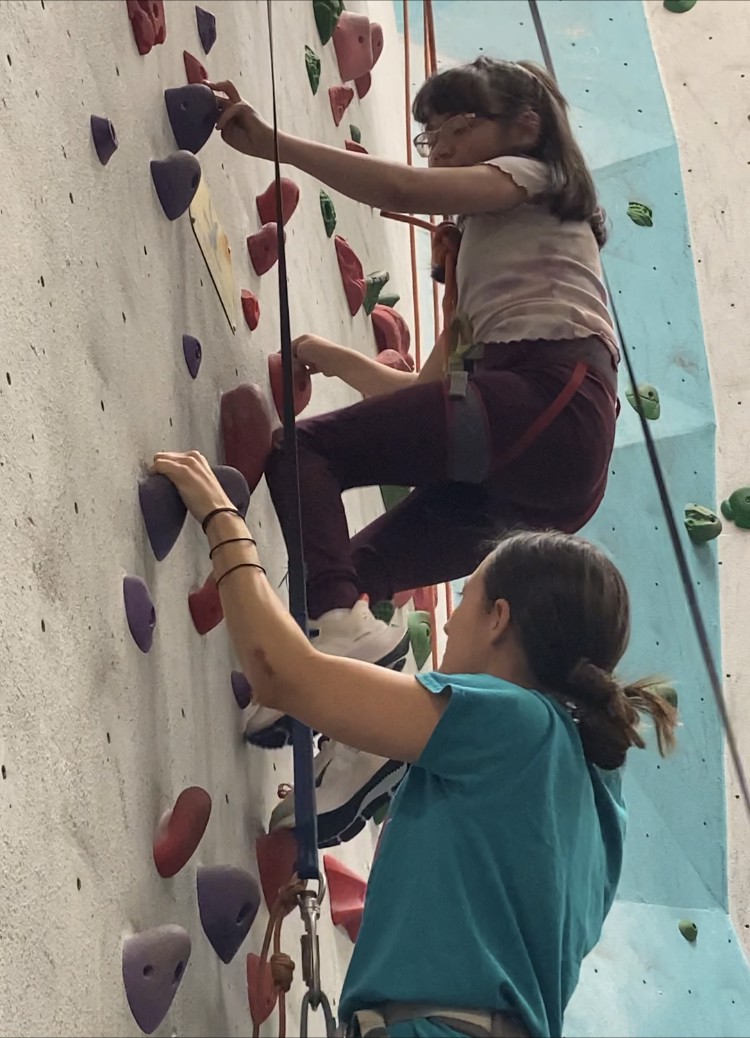
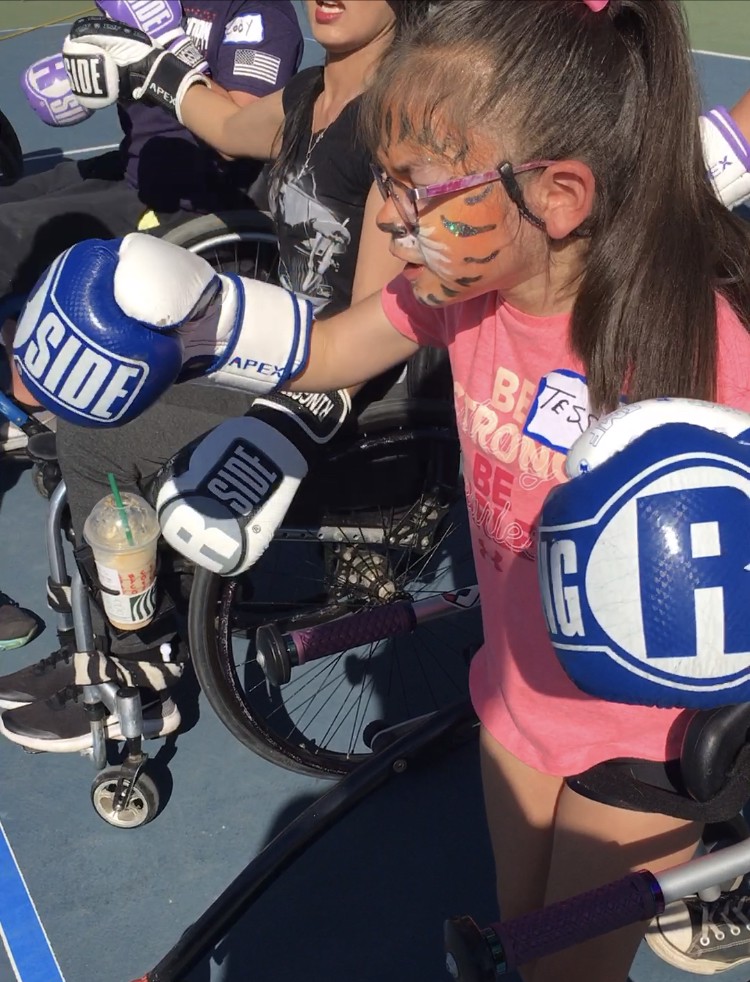

























Comments